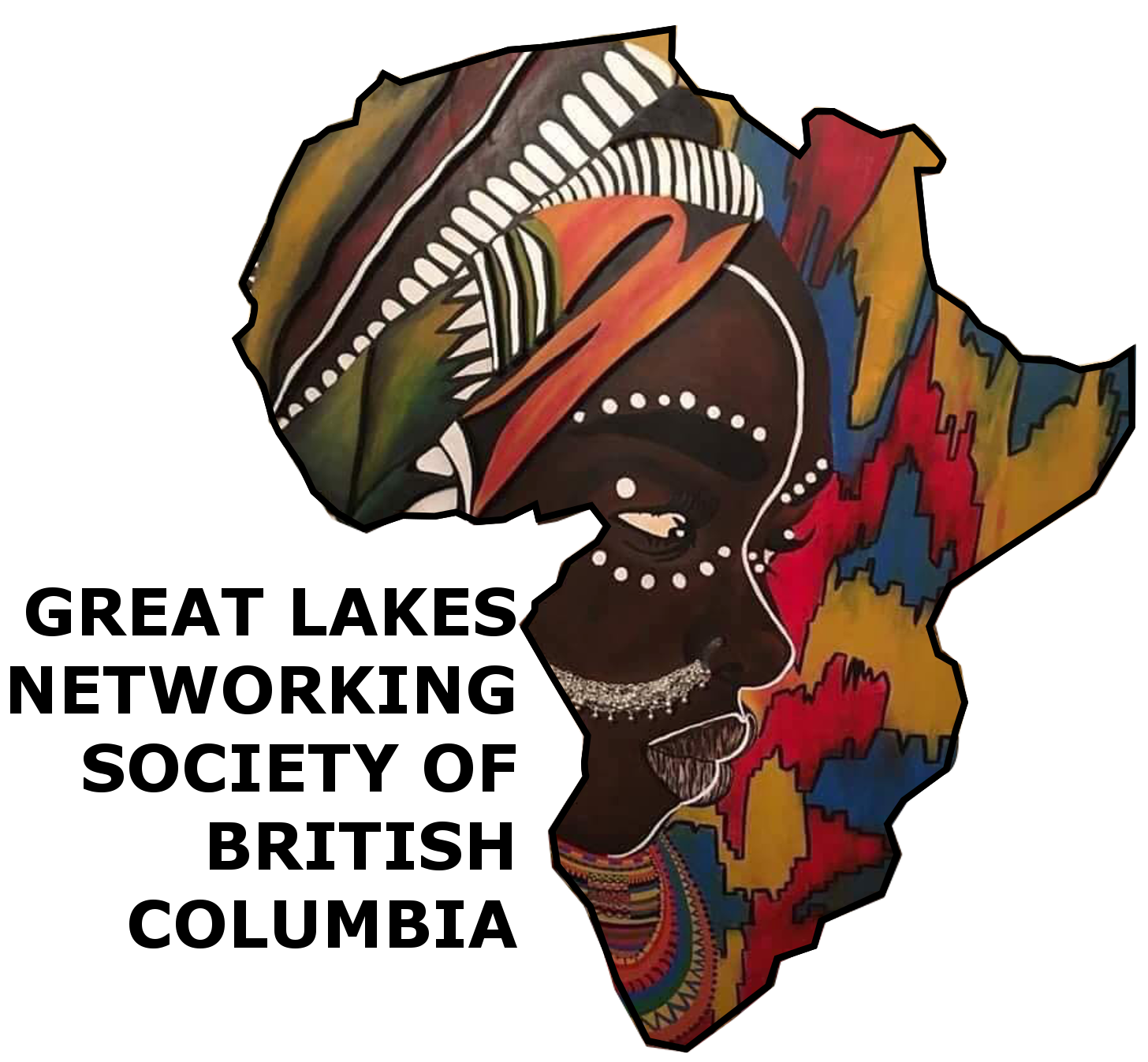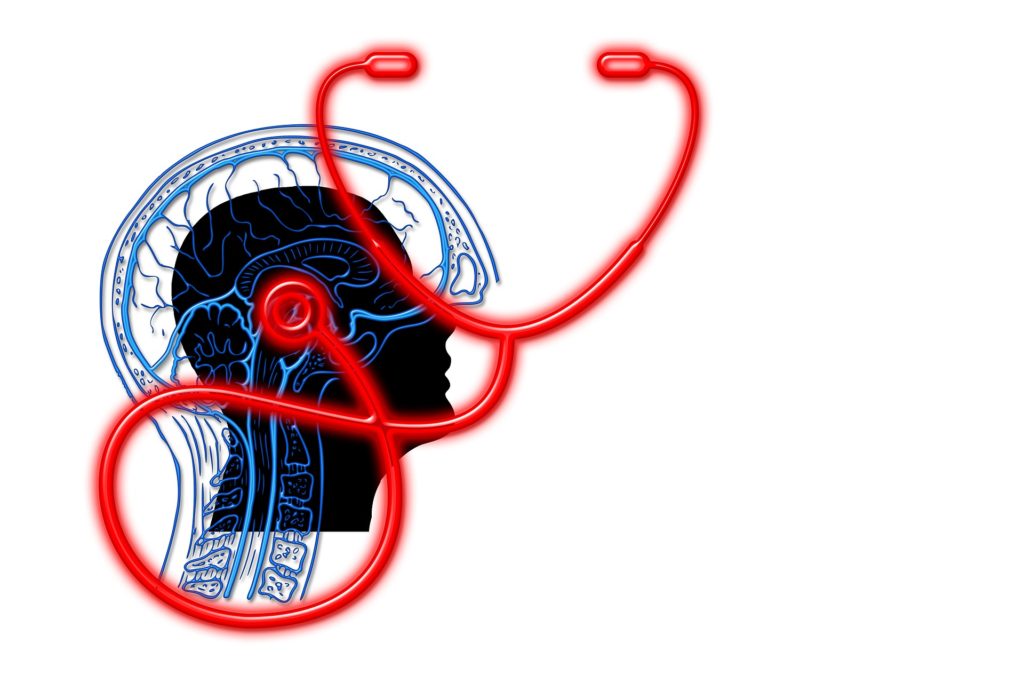Nowhere is the relationship between mental and physical health more evident than in the area of chronic conditions. The associations between mental and physical health are:
- Poor mental health is a risk factor for chronic physical conditions.
- People with serious mental health conditions are at high risk of experiencing chronic physical conditions.
- People with chronic physical conditions are at risk of developing poor mental health.
The social determinants of health impact both chronic physical conditions and mental health. Key aspects of prevention include increasing physical activity, access to nutritious foods, ensuring adequate income and fostering social inclusion and social support. This creates opportunities to enhance protective factors and reduce risk factors related to aspects of mental and physical health. Understanding the links between mind and body is the first step in developing strategies to reduce the incidence of co-existing conditions and support those already living with mental illnesses and chronic physical conditions.
Our programs are to offer great skills, knowledge and tools in solving day to day problems through critical thinking, we stand for live feeds, straight, direct and unadulterated information, we work with and support communities, we are educational organization, we engage and work with our stakeholders, cutting across politics, social and economic empowerment, we as well stand on the platform of objective leadership and value addition in the diversity of our culture, like any other organization, for purposes of decorum, dignity, general engagements and participatory. Bag packs for our Out-Reach Peer workers program with our Bold Ideas Bringing Big Impact, Bagpacks stocked with critical supplies to help promote safer sex and Freshi gears for drug user during the pandemic.
The Problem –
Mental disorders contribute to 14% of the global burden of disease worldwide; 75% of this burden occurs in low- and middle-income countries. Individuals living with mental disorders in these regions experience a scarcity of resources and a shortage of trained professionals, limiting their access to evidence-based treatments. Strategies to identify and treat mental health challenges that are successful in high-income countries are often impractical, ineffective, and too resource-intensive to succeed in lower resource regions. Support for mental health services in low- and middle-income countries consistently lags behind other health priorities, despite the fact that mental illness is a prominent global health crises.
Youth Mental Health –
The global mental health burden is magnified for youth living in low resources settings. The majority of mental health disorders – 75% – start before the age of 24. Poor mental health in youth negatively impacts the development of social connections, cultural belonging, emotional wellbeing, educational opportunities, and economic resources. Despite these vulnerabilities, only 12.5% of development assistance for mental health targets youth. We have been looking for funding with the aim of addressing the gap in youth mental health services especially at our own backyard DTES (Canada-Vancouver-BC, we provide a youth -friendly, and mental health literacy services, that creates positive change. There is a need for mental health literacy programs that provide accurate, non-stigmatized information about mental health disorders and recovery. Our programs provide practical application of how to seek help for mental health concerns and how to help others who may have mental health symptoms.
What are examples of mental health programs
These include:
- Individual therapy.
- Group therapy.
- Family therapy.
- Support groups.
- Intensive outpatient care.
- Partial hospitalization.
- Psychiatric medications and outpatient medical management.
Many young people experiment with alcohol or other drugs without becoming dependent on these substances, or developing an addiction. In other words, they are able to stop or cut down on their use without help. But some people cannot do this alone. People can develop problems with legal drugs, such as alcohol or prescription drugs. Or they can develop problems with illegal drugs, such as marijuana or cocaine. Most addiction programs focus on treating substance use problems. Some newer programs treat other addictions that young people might develop, called “behavioural” or “process” addictions, these are behaviours that are repeated so often that they do harm to the person’s well-being.
For example, a young person may develop:
- a gambling problem
- Internet or technology addiction
- addiction to gaming (e.g., video gaming)
- addiction to sex or pornography
Mental Health and Addiction Problems: People with an addiction are more at risk of developing a mental health problem, such as anxiety, depression, or an eating disorder. People with mental health challenges are also more likely to develop an addiction.
For example, someone who has experienced trauma such as being abused or bullied as a child, who has been a refugee, or who has experienced unstable housing may develop a dependency on marijuana or alcohol as a way to feel calmer or less worried and to distract themselves from difficult circumstances. Because of this link between mental health problems and addictions, many programs provide services that address both of these problems at the same time. When someone has both a mental health and an addiction problem, they have concurrent disorders.
Our volunteers who help us should have the following knowledge:
Diversity**: Great Lakes Society of BC serve a diverse group of people and require a volunteer group that reflects this diversity. The focus of the role will be on supporting client populations who are most at-risk of experiencing stigma or retraumatization in their experience with the health-care system including illicit drug users, Indigenous and non-Indigenous women,
people who work in the sex trade, people with lived experience of mental illness, people with lived experience of homelessness, people
who are gender diverse and those identifying as LGBTQ2S. Experiential knowledge in these areas is an asset and will be considered in
the selection process.
• Knowledge of impacts of colonialism and colonization including the residential school, foster care and prison
systems on Indigenous peoples and culture.
• Knowledge of the principles of peer work and drug user self-determination.
• Knowledge and applied analysis of impacts of criminalization and societal stigma on people who use drugs.
• Knowledge of the principles of holistic recovery in mental illness and problematic substance use.
• Knowledge of harm reduction principles and current best practices.
• Basic knowledge of diagnoses, treatment and support resources in the areas of mental illness, substance use, physical health,
including HIV and Hepatitis C.
• Knowledge of trauma informed practice.
• Basic knowledge of psychopharmacology
• Basic knowledge of counseling skills, including motivational interviewing principles.
• Demonstrated understanding of oppression and marginalization, specifically as related to people with experience of illicit drug
use and dependency when accessing healthcare
• Knowledge of community resources
• Ability to identify and work to increase client strengths, including the use of hope inducing strategies and assisting the client in
self-managing their illness and other aspects of their life.
• Ability to commit to service partnerships and build relationships by providing assistance and support.
• Ability to effectively and safely resolve crisis situations
• Ability to communicate effectively, both orally and in writing.
• Ability to work both independently and collaboratively as a member of a multidisciplinary team.
• Ability to establish workload priorities, adjust to new or unexpected events, problem solves, and deals effectively with conflict
situations.
• Ability to provide consultation and leadership to other H2HSCS team members
• Physical ability to perform the duties of the position.
• Ability to work with individuals from diverse backgrounds in a downtown environment and be flexible and creative in providing
services
Knowledge of primary health care and care provision by an interprofessional team.
Knowledge of principles of community integration for people living with mental illness and other barriers to health care

